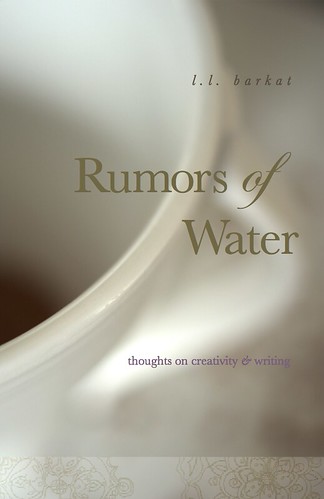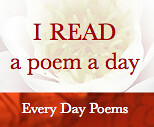The Power-Point Embraced

Yesterday I shared how I encouraged my daughter to take her anger and channel it into a reasoned response. One reader asked to see that response. I asked Sara if it was okay, and she kindly said yes...
_____
I read all the stories and excerpts.
And I come to this question: why does the Literature book have mean, depressing, senseless stories? It’s just meanness and meanness and nothing has happened. Nothing has changed. I once read somewhere that writers have a responsibility for their stories—you have to think about the readers, and if your story will harm more than it will help. I wasn’t sure what I thought of that before, but now I agree. Some stories you shouldn’t have to read, unless you choose to. That’s why there are so many in the world—so everyone has a type of story they find fun, or interesting, or true, or wise, or perfect. Forcing someone to read story after story that is depressing does not have any use that I can see.
The ancient Greeks thought that writing comedy was a greater accomplishment than writing tragedy. William Faulkner, in his Nobel Prize speech, seems to agree. He doesn’t talk about comedy per se, but he notes that we need stories that “are not merely… the record of man…[but] one of the props, the pillars to help him endure and prevail.” If a story lacks the universal truths of the resilient human spirit, he says it is “ephemeral and doomed.”
Some of the stories in the Literature book seem to lack these universal truths, as if they were a commentary on hopelessness instead of an experience of humanity—not merely the good or the evil, but the will to hope, even when there is no escape, to try, even when they can change nothing—like Anne Frank. I believe that stories like some in the Literature book will not be remembered in a thousand /200/300/500 years—unless it is for something other than the stories themselves, like their virtue as cultural artifacts. The oldest piece of literature in the world, Gilgamesh, is still being retranslated and retold and read. The Lord of The Rings is the same, Sherlock Holmes is the same—they have the life and energy now that they had when they were first written. Why? Because they tell of a story that is as true now as it was then, a story that transcends the boundaries of language and time.
_____
On Hopeless Literature Essay, by Sara, age 14. Used with permission.
Labels: home education, teaching writing










5 Comments:
I think your 14-year-old daughter should come teach the students at the college where I work how to write an essay. :)
I hope my kids will be able to express themselves this clearly when they are in high school.
Thank you, Sara, for sharing your wisdom. You ROCK. :)
Wow. Does Sara have a blog? This is wonderful!
And I know exactly what she means.
Thank you for the encouragement, Sara. I bow to your teaching.
Excellent essay, Sara. Well said. I think you should consider compiling a list of works that exemplify these values... and maybe one day offer it as an alternative to the curriculum choices out there. :)
My kids and I just re-read Gilgamesh, since we're studying ancient history this year... and we had such an engaging literature discussion with some other kids who also read the book. There are surely many other works, as you say, that stand the test of time.
Yea and amen, Sara. And I, too, would love to see a list from you of things that a.) fall into the category of hopeless and b.) a list of the exact opposite. You mentioned three of the latter - and I'm TOTALLY with you on Sherlock (my dad gave me his complete edition when I was about 12 and I scarfed it up multiple times through jr. and sr. high. Do you like the BBC version with Benedict Cumberbatch or not??) Thanks for this - and I'm glad your mom linked to it in her interview at The High Calling. I love to read your writing.
Thank you so much for sharing this essay. I am homeschooling my oldest (he's eight), and I hope and pray he is as passionate and articulate at 14 as your daughter is. Thanks for helping me see what is possible!
And thanks to Sara for recognizing and articulating something that has bothered me for years about much contemporary literature: its seeming delight in depression and dysfunction. (I wish someone had made me write an essay about that years ago; I might have understood sooner so much of my resistance to that kind of story.)
Post a Comment
<< Home